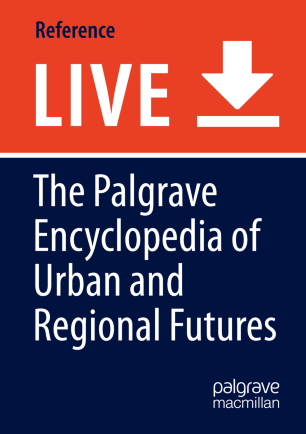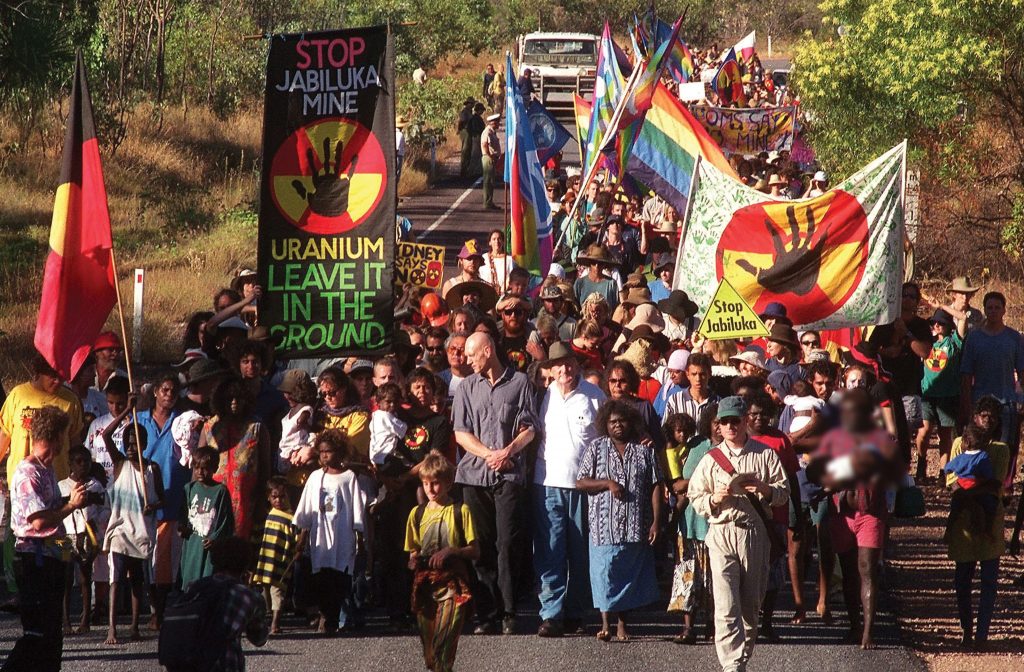
Munk School faculty and students publish chapter in Palgrave Encyclopedia
Teresa Kramarz, director of Munk One and co-director of the Environmental Governance Lab, and a group of undergraduate researchers have published a new book chapter in The Palgrave Encyclopedia of Urban and Regional Futures. This article, “Community Vulnerability to Extractive Industry Disasters,” focuses on disasters caused by oil and mining, the reproduction of social vulnerabilities in communities, and the factors that curtail or enable resilient responses.

“Our work looks at the factors that heighten or dampen communities’ risks of facing extractive industry disasters, such as mining and oil spills,” explained student co-author Eric Zhao. “It highlights and expands on the important fact that environmental disasters do not have evenly distributed effects but can affect communities very differently based on their social or political characteristics.”
Atharv Agrawal, another student co-author, emphasized its academic utility. “When conducting any academic work, the biggest struggle every researcher faces is not having extensive reference works – information is extensive, sporadic, and, often, taxing. It was very rewarding to contribute to a project that is hopefully going to make the research process more enjoyable and efficient for those that follow us!”
Most of the chapter’s co-authors hail from across the Munk School: Agrawal is a Munk One alumni who is now a third-year student at the Trudeau Centre for Peace, Conflict & Justice(PCJ) and a Reach Alliance researcher, while Zhao and Jonathan Banfield are both fourth-year PCJ students and Munk One alumni. Banfield also studies Contemporary Asian Studies at the Asian Institute. The fourth co-researcher, Suehyun Cho, is a fifth-year Trinity College student studying at the Department of Medical Biophysics.
The research behind this chapter has roots in the 2020-21 Research Opportunity Program (ROP), which provides undergraduate students with the opportunity to work on a faculty-led project for course credit. “I have an established history of involving students in my research because I like teaching and research and so the ROP presented a really nice chance to get students who are interested in the topic to help advance the project,” explained Kramarz. “I think it’s a really good iterative process for both faculty and students.”
Kramarz raved about her student co-authors. “The experience of working with diligent, interested, interesting and good people who also happened to be students is fantastic.” Agrawal praised both the guidance and sense of agency Kramarz gave her students, while Zhao added that each team member provided different strengths, interests, and academic backgrounds.
 “I’m really glad that this was an opportunity for different Munk School programs to work together,” Kramarz concluded. “But it’s also really nice to see how they parlay this into professional trajectory, and where they imagine themselves after graduation.”
“I’m really glad that this was an opportunity for different Munk School programs to work together,” Kramarz concluded. “But it’s also really nice to see how they parlay this into professional trajectory, and where they imagine themselves after graduation.”
Zhao reiterated this sentiment: “many of the skills and experiences we gained through our research project—from interviewing stakeholders to preparing a paper for publication—are invaluable to our team’s future academic goals in research, graduate school, and beyond. As students, we didn’t anticipate publishing anything until much later into our academic careers, so we’re very fortunate to have this publication, as well as the skills leading up to it, under our belts.”

